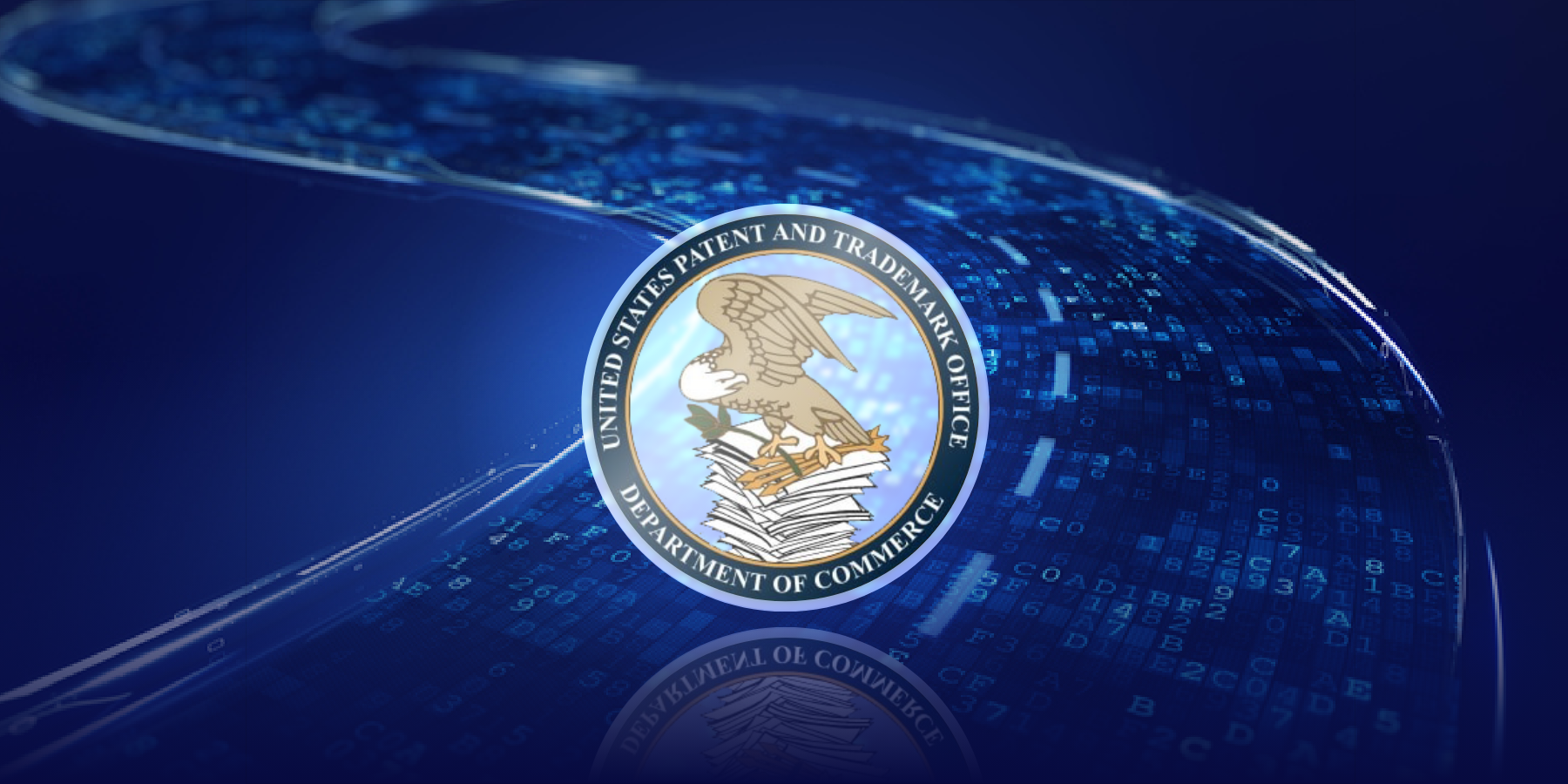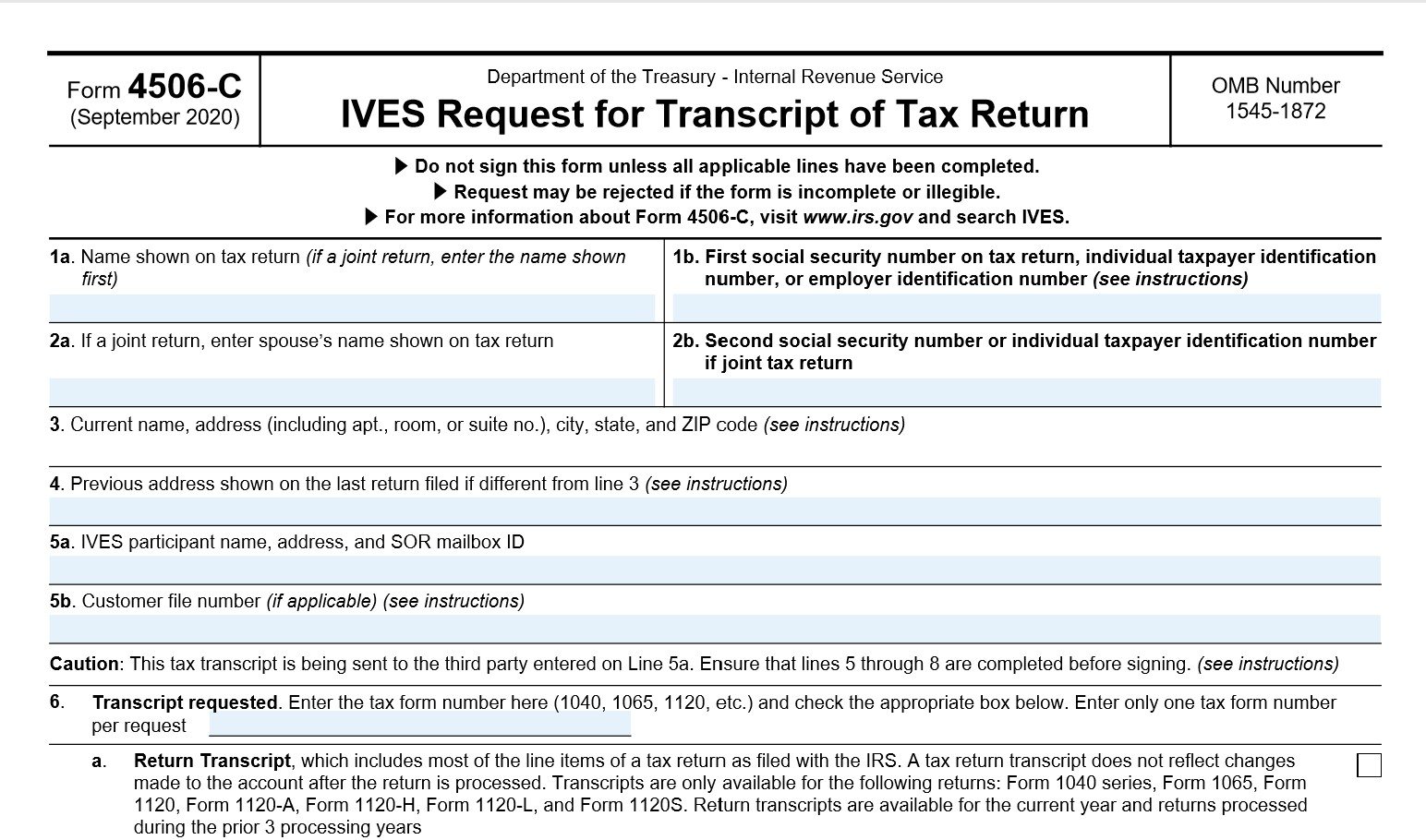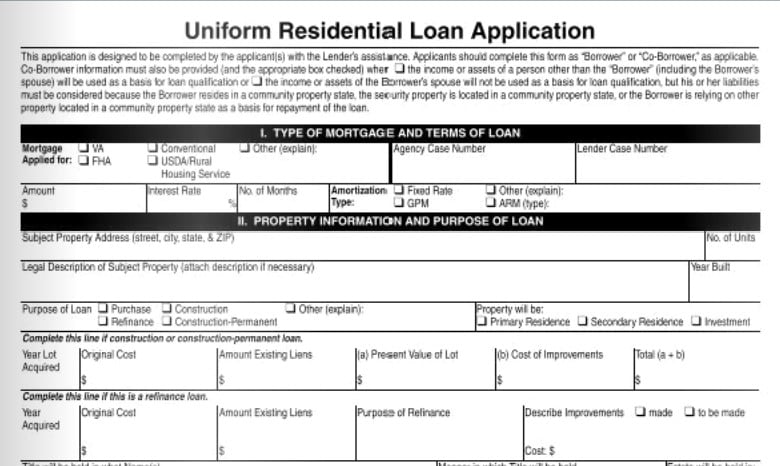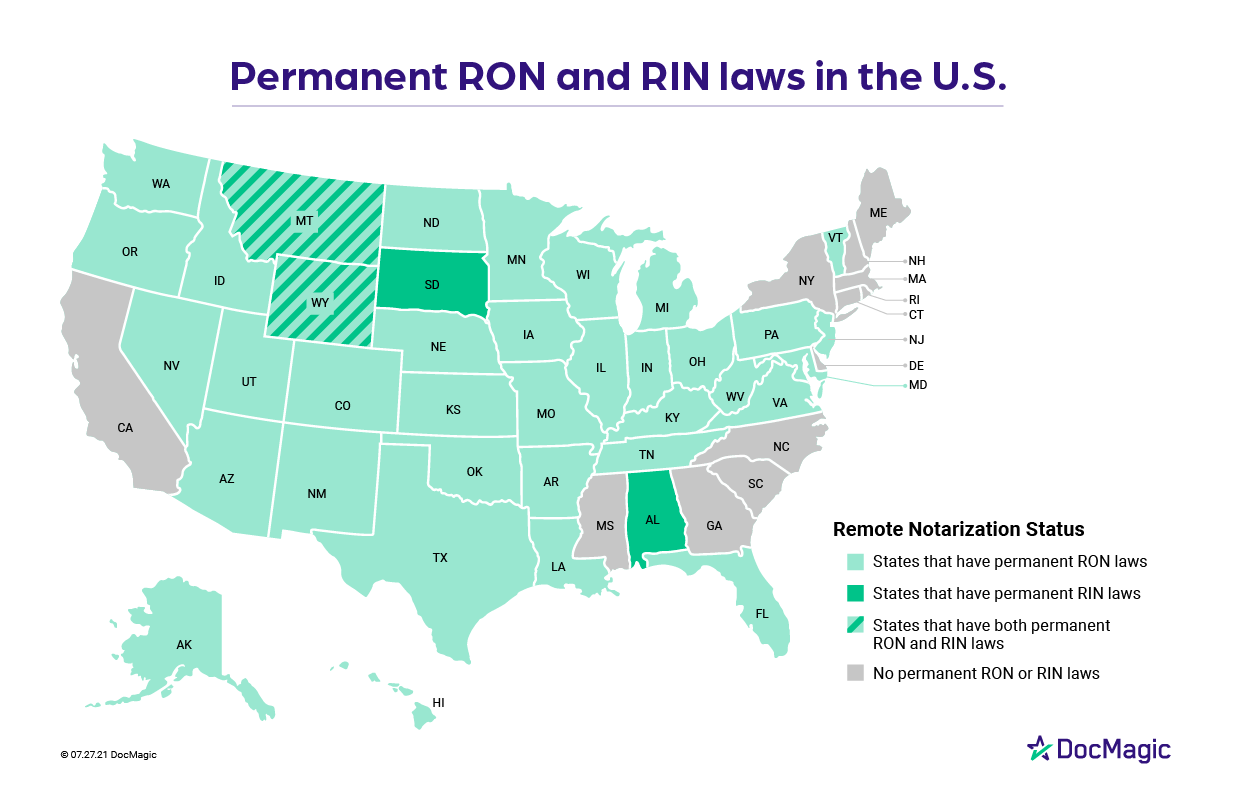CFPB Publishes Outline of Loan Originations Standards Proposals Being Considered
Everyone agrees that the Dodd-Frank Wall Street Reform and Consumer Protection Act (the “Act”) contains far-reaching provisions that will have a significant impact on the financial services industry. Not everyone agrees that “far reaching” is a good thing, of course, and even those who are generally supportive of the goals of the Act might disagree with the specific rules being considered for implementation. Take, for a moment, proposals being considered that would implement the Act’s loan origination standards requirements.
On May 9, the Consumer Financial Protection Bureau (CFPB) published an outline of rules it is considering that would restrict the points and fees offered with most mortgage loans. In addition to restricting points and fees, the proposals being considered would also address loan originator qualifications and compensation. The proposals have been described as having the potential to create “seismic shocks” in the industry, proposed by an agency that “knows no bounds”. They’ve also been described as “simplifying mortgage points and fees” and bringing “greater transparency to the mortgage loan origination market.” The proposals being considered are still just that … proposals being considered … but the outline offers a glimpse into rules that are likely to be proposed in the coming months and offers background information that lenders, mortgage origination entities, and individual mortgage loan originators can use to plan for the changes that lie ahead.
The outline of proposals being considered was prepared to assist a group of representatives of the small financial services providers that will meet with a CFPB Small Business Review Panel in the coming weeks. The proposals being considered are intended to address the following requirements of the Dodd-Frank Act:
Dual Compensation and the Payment of Upfront Points and Fees
Both the current loan originator compensation rule and the Act generally prohibit the consumer from paying compensation to a loan originator in a transaction where the loan originator receives compensation from a person other than the consumer. The Act extends that prohibition by prohibiting consumers from paying upfront discount points, origination points, or fees in transactions where an individual mortgage loan originator is being compensated by a person other than the consumer. Under the Act, then, the borrower would not be permitted to pay upfront charges in any transaction where the creditor or mortgage origination company pays transaction-specific compensation to the loan originator, or a creditor pays compensation to a mortgage origination company. According to the CFPB, such transactions, generally called “lender-paid” or “creditor-paid” transactions, comprise nearly every mortgage transaction.
Because curtailing such payments may limit potential benefits to consumers, the CFPB is considering using its exemption authority to permit consumer payment of upfront charges on transactions where the creditor is paying compensation to the loan originator, subject to certain conditions:
- Consumers may pay discount points, provided the discount points are bona fide and the creditor also offers an option of a no-discount-point loan.
- Consumers may pay upfront origination fees, provided that the origination fees are “flat” and are not based on the loan amount. Fees paid to affiliates of the MLO or creditor would also be permitted if such fees were “flat”. Payments to affiliates of the MLO or creditor for title insurance; however, would be permitted to vary with the loan amount.
As an alternative, the CFPB is also considering permitting consumers to pay upfront fees on loans with creditor-paid loan originator compensation, if the creditor also offers a “no fee” loan option, and “no point, no fee” option.
Compensation that Varies Based on Loan Terms
Both the current loan originator rule and the Act prohibit payments to loan originators based on the terms or conditions of the transaction other than the amount of credit extended. The loan originator rule’s prohibition does not apply to transactions in which the consumer pays the loan originator compensation; however, the Act extends the prohibition to include such transactions. The CFPB is considering proposals that would address questions that have surfaced in the implementation of this requirement. The proposals would ban compensation based on loan terms in transactions with borrower-paid compensation and provide clarification on payments to mortgage loan originators based on profits derived from the company’s mortgage business. Of interest to almost all mortgage originators, the CFPB is also considering permitting the use of “point banks” in certain limited circumstances.
MLO Qualification and Screening Requirements
The federal SAFE Act, which is implemented by the federal banking agencies, requires licensing or registration for “loan originators”. The Act amends the Truth-in-Lending Act, which is implemented by the CFPB, to require that a “mortgage originator be qualified”. This allows the CFPB to impose requirements on “mortgage originators” as a matter of TILA compliance that are not otherwise imposed on “loan originators” by the federal banking agencies as a matter of SAFE Act compliance.
The Dodd-Frank definition of “mortgage originator”, which includes both entities and individuals, is broader than the SAFE Act definition of “loan originator”, which covers only individuals. Accordingly, the CFPB is considering a proposal that would require all mortgage originator entities to comply with applicable state requirements for legal existence and foreign qualifications. Additionally, the CFPB is considering proposals that would require banks and other depository institutions to ensure their mortgage originator employees meet character and fitness requirements that are equivalent to the licensing standards that the SAFE act applies to employees of non-bank mortgage loan originators and provide training to their employees that would be analogous to the continuous education requirement that applies to individuals who are subject to the SAFE Act licensing requirements.
The CFPB is also considering a proposal that would clarify that disclosure and closing documents that include loan terms must include the required unique identifiers and the name of the individual mortgage originator.
Are the proposals far-reaching? Or do they over-reach? We’ll know what the public thinks in a matter of months. The CFPB plans to publish a proposed rule for public comment this summer, and a final rule implementing these provisions of the Act must be published before January 21, 2013.
On your mark, get set ….
Let us digitally transform your mortgage process for increased efficiency and ROI. See how by scheduling a demo today.
Search the Blog
- Recent
- Popular
- Topics










List By Topic
- Compliance (100)
- eClosing (85)
- eSign (71)
- Awards (70)
- Integrations (57)
- Industry Publications (52)
- Total eClose (44)
- eNotes (33)
- Remote Online Notarization (31)
- Document Generation (30)
- eDisclosures (25)
- GSEs (18)
- eVault (18)
- eNotary (16)
- SmartCLOSE (13)
- LoanMagic (12)
- eDelivery (11)
- Philanthropy (8)
- Partnerships (7)
- AutoPrep (3)
- Industry Insight (3)
Subscribe Here
Download the Truliant Federal Credit Union Case Study
Truliant took several key steps to refine its 100% digital eClosing process — including finding the right technology partner.
